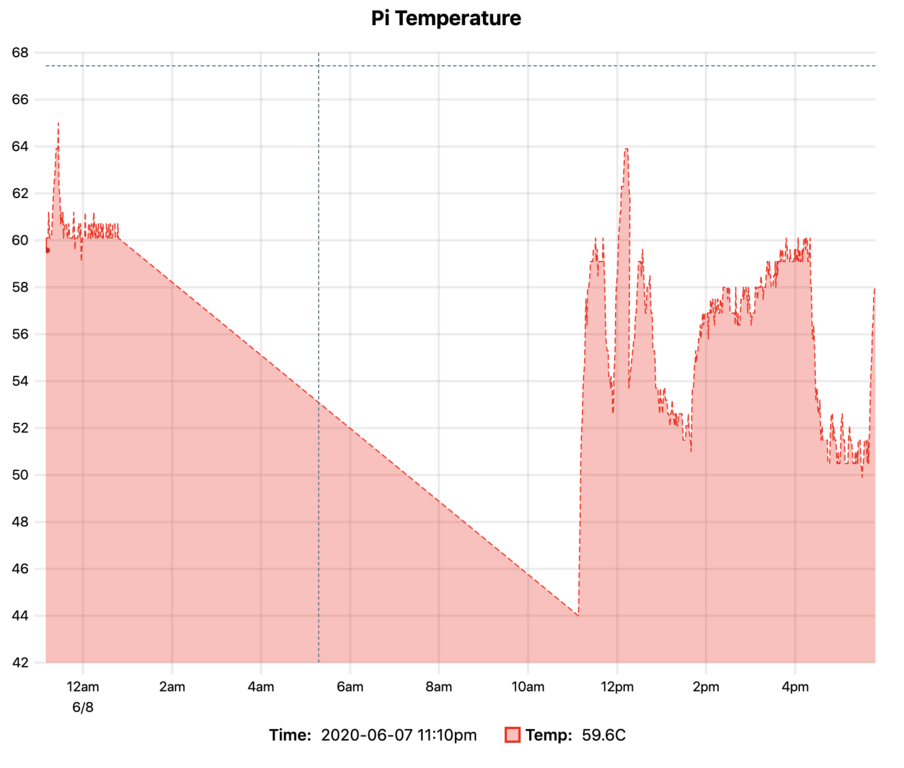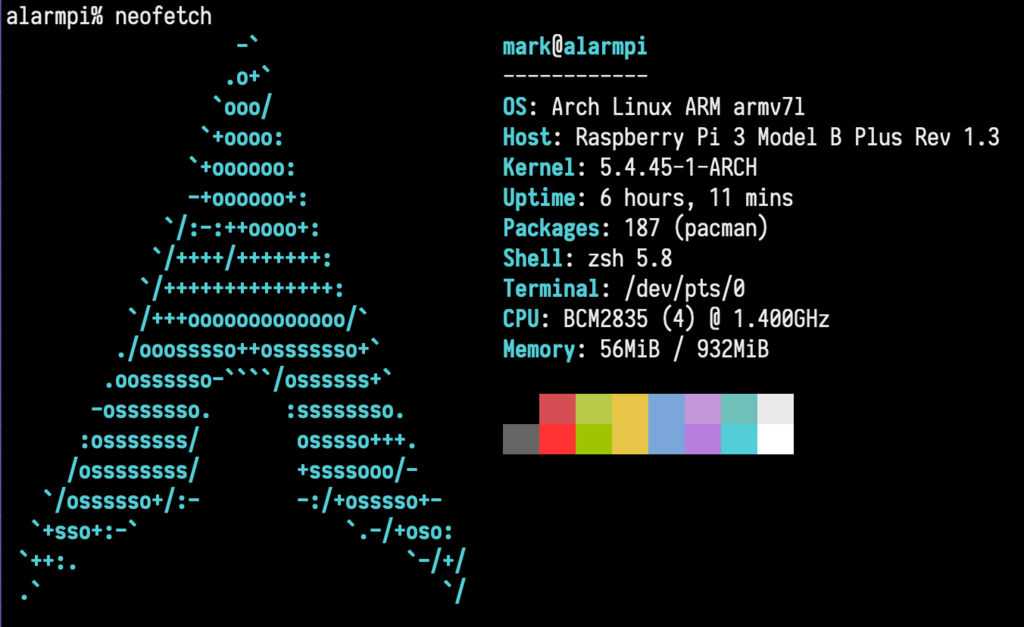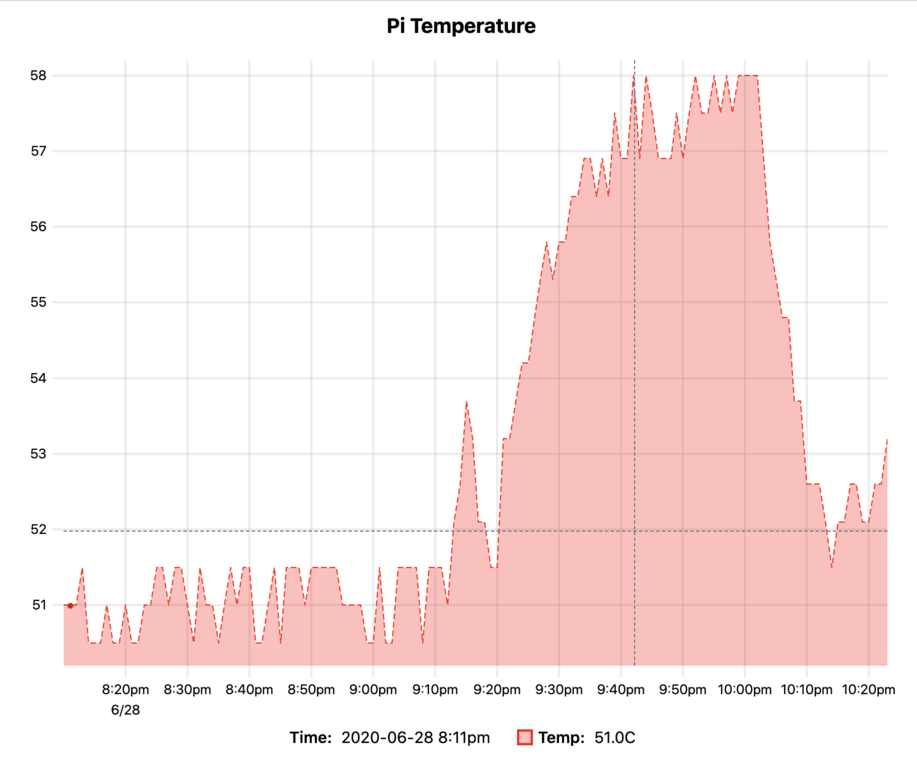A bare minimal http server
Now how did we get here?
Some time back I noticed that you can’t run a Spring Boot starter with Hibernate in a container with 200M memory.
The bare minimum you'll get away with is around 72M total memory on the simplest of
Spring Boot applications with a single controller and embedded Tomcat
Now this just for including the JARs, throw in a couple of endpoints and entities and now your infra is struggling to keep 5 microservices running and you still have a pathetic response time
Ok, so what?
I run a server in my Raspberry Pi which serves files and some endpoints. So now the problem statement is What’s the bare minimum http usable server?.
Requirements
Do’s
- Minimal memory usage
- Minimal size
- Usable server
- Low power consumption (Raspberry Pi’s temp has to be below 50C)
Don’ts
- Bare network sockets for a single endpoint, it has to be a compliant HTTP server where you can add endpoints and do stuff at a reasonable timeframe
Mentions
- You can create a
gobinary if you want to but I don’t think you can beat my size rule(see my last attempts)
Attempt 1 - Caddy
localhost {
reverse_proxy /api/* localhost:8081
file_server /books/*
}
This was my first attempt, I had several different services, I used Caddy as a reverse proxy, a file server. Better than Spring Boot, easier to set up https and I just like Caddy, but it’s still no where near my target, and unfortunately the temperature on my Pi was also not very good

Attempt 2 - Go Binary
router.Static("/public", path.Join(usr.HomeDir, "public_html"))
v1 := router.Group("/v1")
{
v1.GET("/bookmarks", apiV1.FetchBookmarks)
v1.POST("/add", apiV1.AddBookmark)
v1.StaticFile("/readable", path.Join(writePath, "dbbooks.txt"))
}
Now I went with a Gin server
I have to say this is extremely good, I was skeptical that it might have a large footprint, it’s so good that I still run this service in my Pi
With the server and plenty of other services running Pi uses 56MB, the executable is itself 14629696 bytes a bit around 14MB, and you will see that the temperature is less than 50C mostly, the spike is when I was working over ssh in Pi


Attempt 3 - CGI
Now let’s really break the limits. The 14MB of the executable is due the VM bundled inside, now how do we get rid of that?
I could write it in C, but that would learning a framework or library in C which would handle http requests.
A couple of months ago I noticed that the Apache Http Server has a program called httpd. This is from the documentation
httpd is the Apache HyperText Transfer Protocol (HTTP) server program. It is designed to be run as a standalone daemon process.
When used like this it will create a pool of child processes or threads to handle requests.
In general, httpd should not be invoked directly, but rather should be invoked via apachectl
Let’s break that down shall we. The Apache Http Server uses a daemon process httpd to handle requests. Then what would be the actual handler of the request? Can we write a custom handler for the request?
Writing a custom handler for the request would result in us only having to run a httpd daemon, so let’s do that
CGI (Common Gateway Interface)
The CGI is an interface which allows to execute cli applications on a server.
So with this I should be able to run shell scripts, handle requests with zero dependency other than sh
A simple hello world in CGI. The only cache is that I have to structure it as HTTP response, but that’s ok
#!/bin/sh
"Content-type: text/html"
echo ""
echo "Hello World"
echo ""
echo ""
An endpoint to show the Uptime of the server
#!/bin/sh
echo "Content-type: text/html"
echo ""
uptime
echo ""
echo ""
Let’s try a more complex example where I’m serving a GET reading some data from a sqlite DB
#!/bin/sh
echo "Content-type: text/html"
echo ""
echo "<p>"
echo ""
echo ""
echo $QUERY_STRING | awk '{split($0, arr, "="); print arr[2]; }' | xargs -I {} sqlite3 /path/to/your.db "select username from name_service where name = \"{}\""
echo ""
echo "</p>"
echo ""
echo ""
// docker images
REPOSITORY TAG IMAGE ID CREATED SIZE
cgi-server 0.0.10 6f338996f1b3 About a minute ago 7.66MB
// docker stats
CONTAINER ID NAME CPU % MEM USAGE / LIMIT MEM % NET I/O BLOCK I/O PIDS
034401be55f6 bold_neumann 0.00% 324KiB / 1.945GiB 0.02% 1.05kB / 0B 0B / 0B 1
It uses about 326KiB memory and the entire image with sqlite3, busybox httpd comes to 7.66MB. I’ll leave it here for now